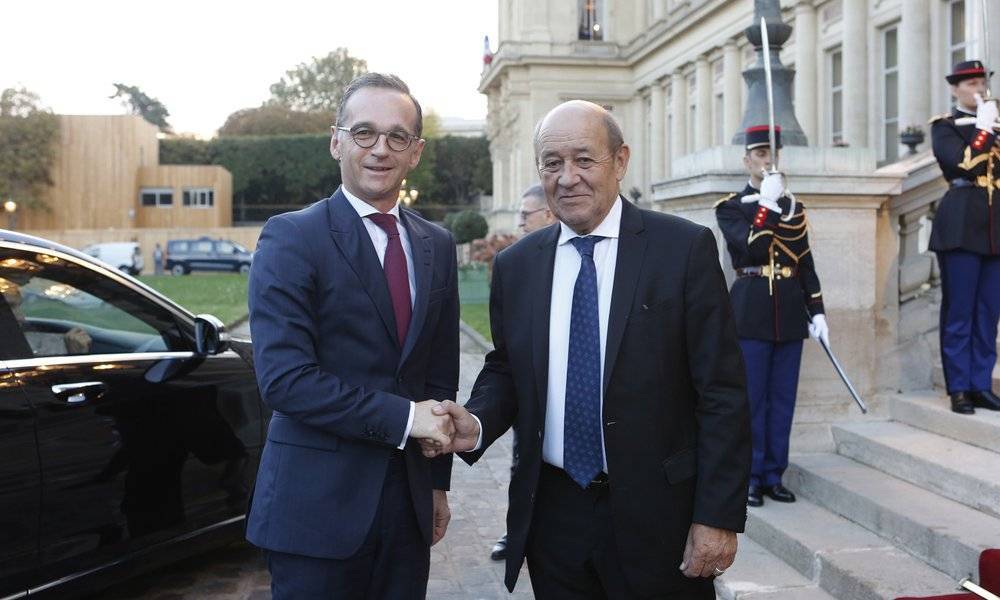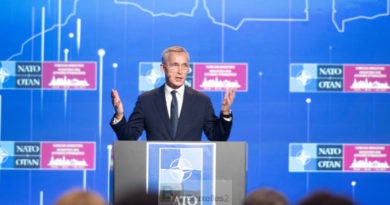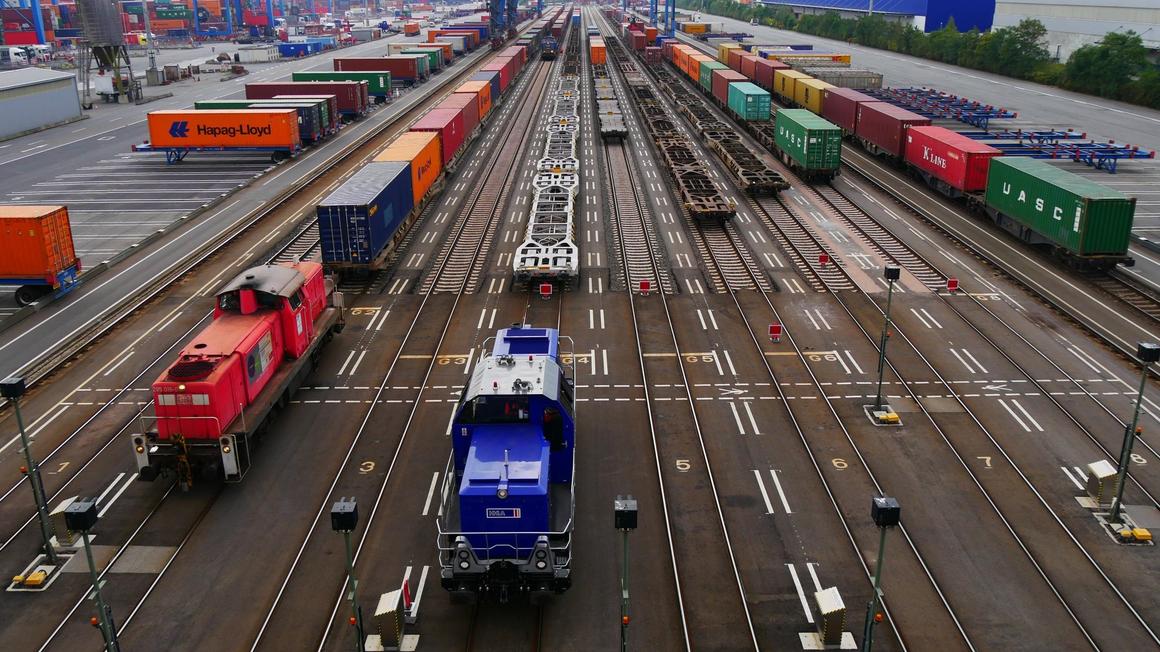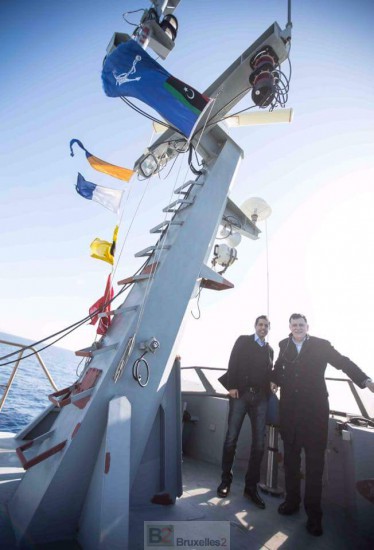Who if not us? For an alliance for multilateralism (Le Drian – Maas)
(B2) The two Ministers of Foreign Affairs, German Heiko Maas and French Jean-Yves Le Drian have just jointly signed a column originally published in the Süddeutsche Zeitung on the occasion of the Munich Security Conference
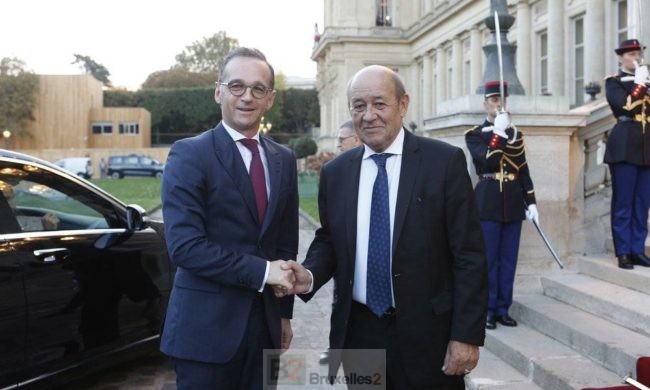
One of the most serious crises since 1945
The multilateral system as it was conceived after the Second World War is going through what is undoubtedly one of the most serious crises of its existence. The idea that a rules-based international system is the best guarantee of our security and our prosperity is no longer obvious to everyone. Confidence in international cooperation, the search for common solutions, strong and effective institutions, all this is eroding today and threatens to bring us back to a " yesterday's world ". This year again, during the 55rd Munich Security Conference, the critical situation in which multilateralism finds itself will dominate the discussions.
Massive pressures underway
The international order is under massive pressure. Some players are increasingly betting on power politics, undermining the idea of a rules-based order in order to be able to make the law of the strongest work for their benefit. At the same time, in many societies, including in the Western world, there are criticisms of the apparent ineffectiveness of international cooperation. More and more voices are being raised that multilateral cooperation should be rejected on the grounds that it is too costly and that global problems such as climate change, migration and cybersecurity can be tackled at the same time. within national borders. Competition between great powers and the rise of nationalisms lead to an increased breakdown of the world order on the political, economic and societal levels.
Germany and France pioneers
In order to counter this trend, like-minded States must take joint action and strengthen their commitment to multilateralism. France and Germany intend to be pioneers in this area. Together with our European partners, we are committed to multilateral cooperation and a rules-based global order. We are convinced that a renewed commitment to multilateralism, an alliance for multilateralism, is more necessary than ever to stabilize the rules-based global order, preserve its principles and adapt it to new challenges if necessary. This is why we want, with partners from all over the world, to constitute a network of actors sharing the same views and guided by the same concern to reconcile their national interests and the defense of the common goods of humanity.
Protecting standards up to arms control agreements
We must protect international norms, agreements and institutions when they are under pressure, their existence or their funding is threatened. This particularly concerns international law, as well as human rights and international humanitarian law, which are violated every day throughout the world, exacerbating conflicts within States and between States. This means that we commit ourselves to free and fair trade and do everything we can to preserve significant diplomatic advances such as the Iran nuclear deal, agreements on the fight against climate change or the regimes arms control.
A multilateral response to cyberattacks
We must also demonstrate greater commitment and determination where political regulation is needed and where new challenges require a common response. This applies in particular to regional crises and new security cooperation mechanisms. In the digital age, we are committed to appropriate regulation that reconciles respect for privacy, security concerns and the defense of individual freedoms. And we intend to formulate effective multilateral responses to cyberattacks and malicious manipulation of information.
A more representative and effective multilateralism
Without a doubt, the current multilateral system is not perfect. He is not always able to find the appropriate answers to the innumerable challenges to be met. Those who, like us, defend multilateralism must also ensure that it is more effective, more representative and more responsive. The global political and economic order must become more inclusive and efficient in order to bring more tangible results to citizens around the world.
Establish a network of committed States
The challenges are gigantic. There is no single solution. On the contrary, it is important to constitute flexible networks of committed States which, thanks to a variable geometry and the diversity of the participants, will produce the maximum of effects. Coalitions of like-minded states should be formed on a thematic basis in order to achieve concrete political results. Participation in this network for multilateralism is not exclusive but it aims to contribute in a committed and sustainable way to the objectives of the Alliance for Multilateralism.
The pivotal role of Franco-German
France and Germany are ready, together with other like-minded partners, to play the role of motor and pivot for this network. Over the next two years, Paris and Berlin will use Germany's presence on the Security Council as an elected member in 2019 and 2020 as an opportunity to work together to strengthen multilateralism, particularly on the occasion of our successive presidencies of the United Nations Security Council in New York next March and April.
The DNA of the European Union
In this regard, our European partners and the European institutions play a key role. The European Union is a cornerstone of the multilateral system. Compromise and the search for the right balance between various positions are inscribed deep in its DNA. We Europeans are therefore a reliable partner for those who want to preserve a rules-based order and who are willing to take more responsibility for it. We see a strong will to work in this direction all over the world. It is high time to strengthen our ties and build a solid and committed network to preserve multilateral diplomacy from the false promises of purely national action, as well as from unbridled power politics.
Who will do it, if not us? And when, if not now?
* * *
official translation - editorial intertitles
